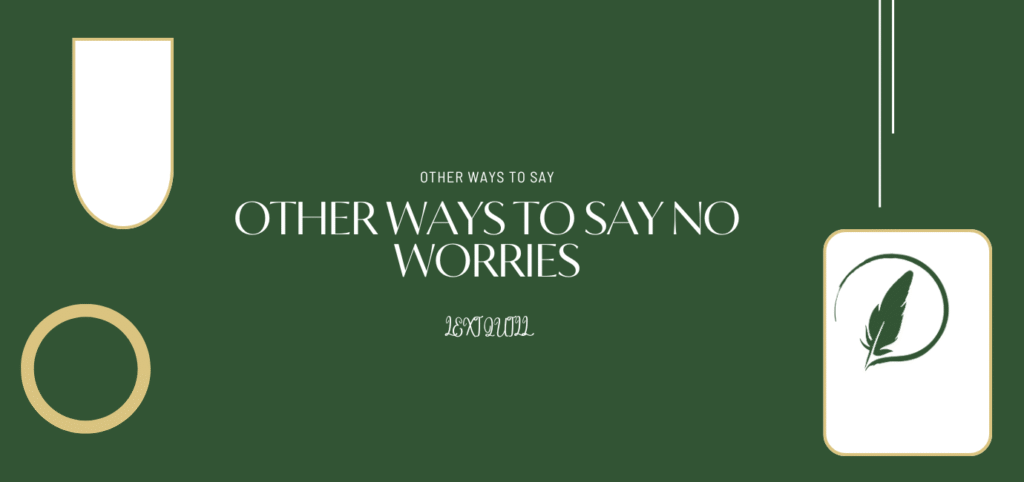“Please advise” is a staple phrase in professional communication, often used in emails to request clarification, guidance, or a next step. While effective, it can sometimes feel stiff or overly formal. This guide offers a range of alternatives that can enhance your tone, foster collaboration, and better suit specific contexts.
Why Use Alternatives?
While “please advise” is direct and widely understood, it may occasionally come across as vague, impersonal, or unnecessarily formal. Swapping it out for more tailored expressions allows you to:
- Adjust your tone to be more polite, conversational, or authoritative
- Be more specific about the kind of response you’re seeking
- Foster a more engaging and collaborative dialogue
Using alternatives empowers you to match your messaging to your audience and the nature of your request.
1. Could You Provide Guidance?
This phrase is both courteous and precise, clearly indicating that you’re seeking direction or help with a matter.
Example:
“Could you provide guidance on the next steps for this project? I want to ensure we’re aligned before moving forward.”
2. I Would Appreciate Your Input
This alternative emphasizes collaboration and shows that you value the other person’s opinion.
Example:
“I would appreciate your input on the budget proposal before we finalize it. Your insights would be very helpful.”
3. Let Me Know Your Thoughts
Informal yet professional, this phrase works well when you’re inviting general feedback or opinions.
Example:
“Let me know your thoughts on the attached report when you have a moment. I’d like to hear your take on the analysis.”
4. Can You Clarify?
This is an excellent option when you’re unsure about details or need additional explanation.
Example:
“Can you clarify the deadline for the deliverables? I want to make sure we stay on schedule.”
5. Please Let Me Know How to Proceed
This straightforward phrase is perfect when you need clear direction on what to do next.
Example:
“Please let me know how to proceed with the contract renewal. I’m ready to move forward as soon as I have your approval.”
6. Your Advice Would Be Helpful
Respectful and appreciative, this phrase signals that you value the recipient’s judgment.
Example:
“Your advice would be helpful in resolving this client issue. What steps would you suggest we take?”
7. Could You Confirm?
This simple question is effective when verifying information or getting a yes/no response.
Example:
“Could you confirm if the meeting is still scheduled for 2 PM on Thursday?”
8. What Do You Recommend?
Ideal for seeking suggestions, this phrase invites the other person’s opinion in a constructive way.
Example:
“What do you recommend for optimizing our workflow in the coming quarter?”
9. I Would Appreciate Your Perspective
A warm and professional expression that encourages thoughtful feedback or insights.
Example:
“I would appreciate your perspective on the marketing strategy we discussed last week.”
10. Kindly Advise
A more polished and formal take on “please advise,” often used in written business communication.
Example:
“Kindly advise on the revised travel itinerary at your earliest convenience.”
Final Thoughts
Varying your language can make your communication more effective, personal, and precise. While “please advise” has its place, these alternatives offer fresh, polite, and engaging ways to request input, direction, or clarification. Incorporate them into your emails or professional conversations to build rapport and ensure clarity in your exchanges.








